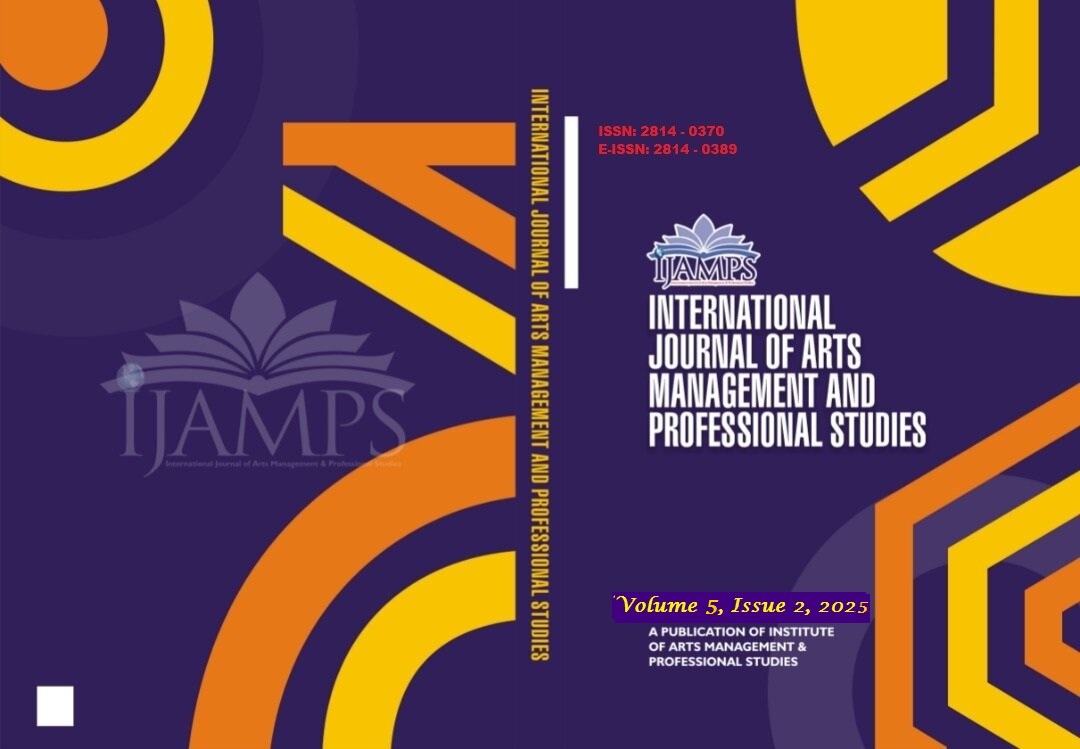
IMPLEMENTATION OF CURRICULUM PROVISIONS IN THE NATIONAL POLICY ON EDUCATION: A STUDY OF SECONDARY SCHOOLS IN TARABA STATE
Koku Agbu Koku
Volume 5, Issue 2, June 2025
This study examines the implementation of curriculum provisions outlined in the National Policy on Education in secondary schools in Taraba State. A descriptive survey design was employed, targeting 919 educators from secondary schools across the state. The study utilized structured questionnaires to collect data on the extent of curriculum implementation, challenges faced by educators, and the relationship between curriculum implementation and students' academic performance. Data were analyzed using descriptive statistics, correlation analysis, and independent samples t-test. Findings revealed a moderate agreement (grand mean = 3.1) on the implementation of curriculum provisions, with notable concerns about teacher training and government support. Significant challenges, including inadequate resources and poor infrastructure, were identified, with a grand mean of 3.3. Correlation analysis showed a significant positive relationship between curriculum implementation and academic performance (r = 0.720, p < 0.05), indicating that effective curriculum implementation enhances student outcomes. Furthermore, significant differences were found in the challenges faced by educators across different secondary schools, though the practical significance of these differences was minimal. The study concludes that while curriculum provisions are generally implemented, addressing challenges such as teacher training and resource availability is crucial. Recommendations include improving teacher professional development, ensuring better government support, and addressing infrastructural challenges to enhance curriculum implementation and student performance in secondary schools in Taraba State.